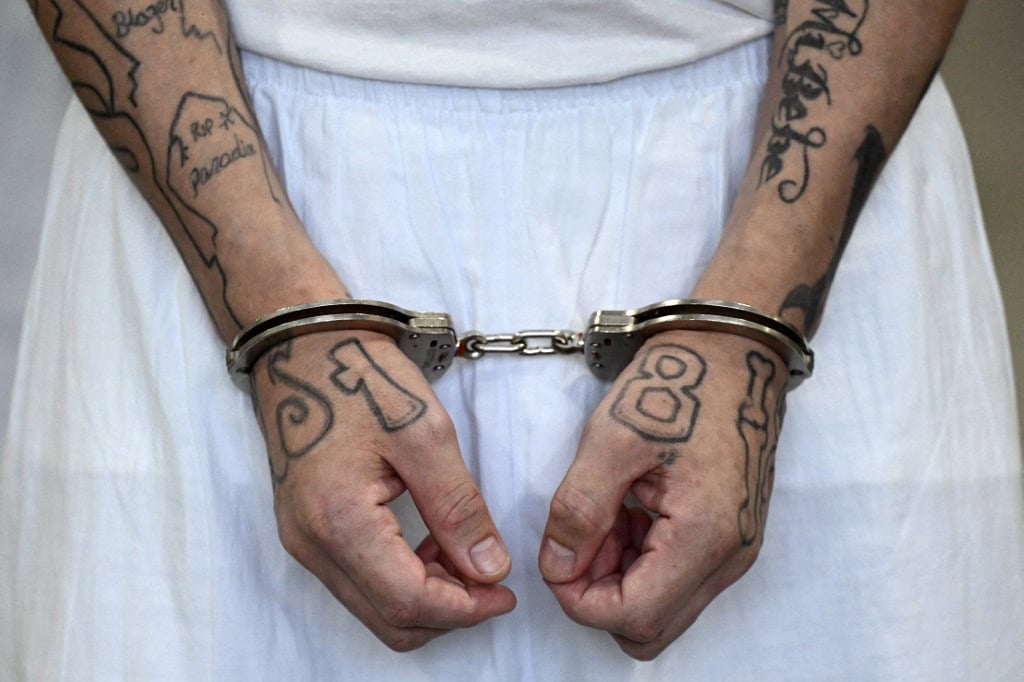The United States has intensified deportations to El Salvador, targeting migrants accused of ties to the Salvadoran gang Mara Salvatrucha (MS-13) and Venezuela’s Tren de Aragua, both labeled “terrorist” organizations by Washington. On March 16, 2025, over 250 migrants—238 alleged Tren de Aragua members and 23 MS-13 affiliates—were flown to El Salvador’s Cecot mega-prison, a 40,000-capacity facility central to President Nayib Bukele’s anti-gang crackdown. A smaller group of 17 followed on March 31, including “murderers and rapists,” per Secretary of State Marco Rubio, despite a federal judge’s order halting such removals under the 1798 Alien Enemies Act.
These deportations stem from a U.S.-El Salvador agreement, solidified during February talks between Rubio and Bukele, where El Salvador agreed to house deportees for a fee—$6 million for the initial 250. Bukele hailed the deal as a model for hemispheric security, while President Donald Trump praised him as a “friend” tackling crime. The White House frames the policy as protecting Americans from “heinous monsters,” with Rubio calling it a blueprint for prosperity.
Yet, controversy abounds. Human rights groups decry Cecot’s conditions—overcrowding, head-shaving, and alleged abuses—calling it inhumane. The March deportations included Kilmar Ábrego García, reportedly sent in error, highlighting due process concerns. Critics, including the ACLU, argue the U.S. relies on flimsy evidence like tattoos to label migrants as gang members, with CBS News finding no criminal records for 75% of the 238 Venezuelans deported in March.
Trump’s invocation of the Alien Enemies Act, last used in wartime, has sparked legal battles. A D.C. judge’s March 15 ruling to pause deportations was ignored as planes landed in El Salvador, prompting Venezuela’s Nicolás Maduro to call it “kidnapping.” Bukele, undeterred, touts Cecot as a solution, but Salvadorans fear it could strain their anti-crime gains.
As Trump and Bukele meet in Washington to deepen ties, the policy’s cost—human and diplomatic—looms large. While deportations aim to curb gang violence, missteps risk alienating allies and eroding trust.






